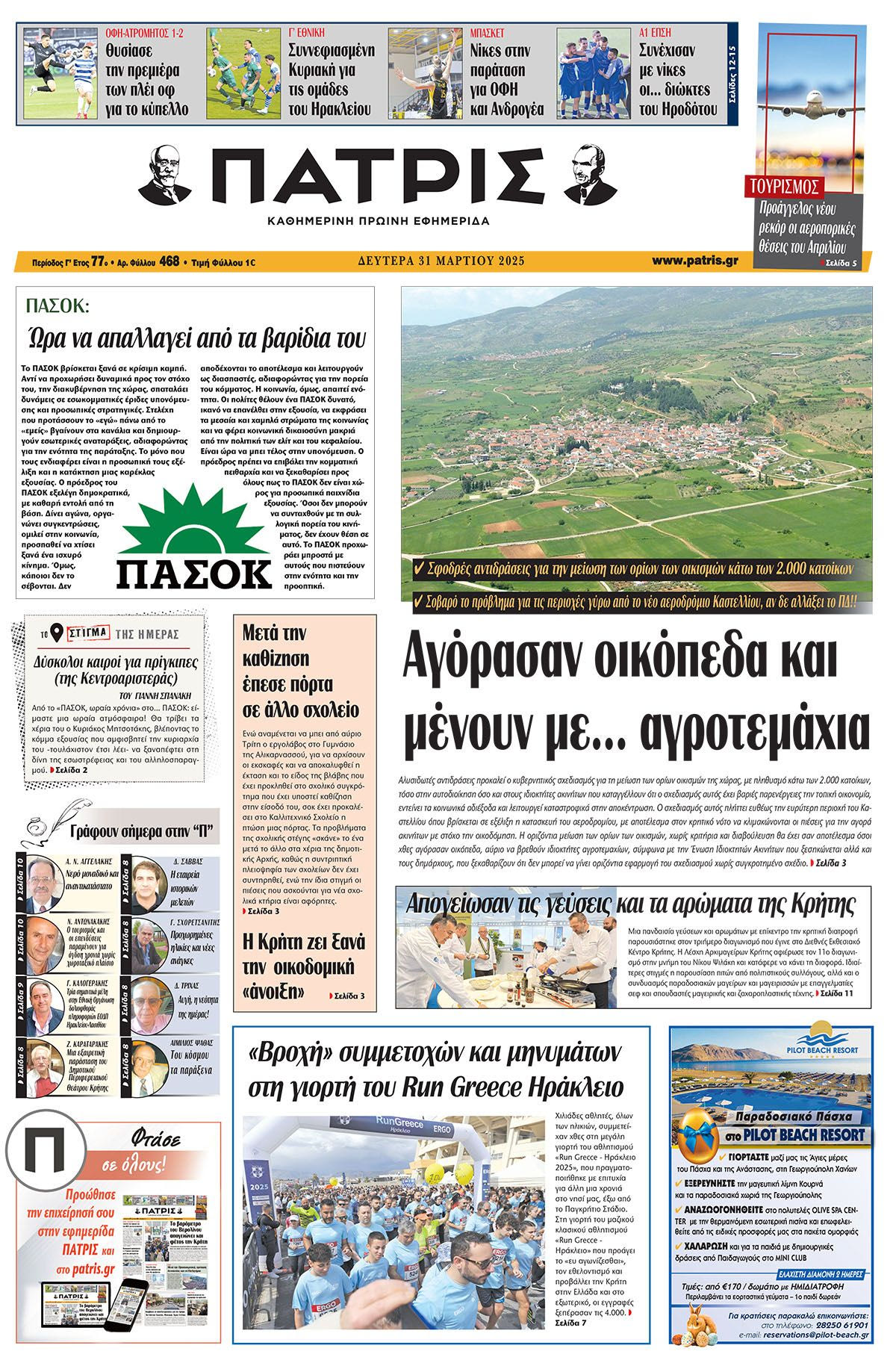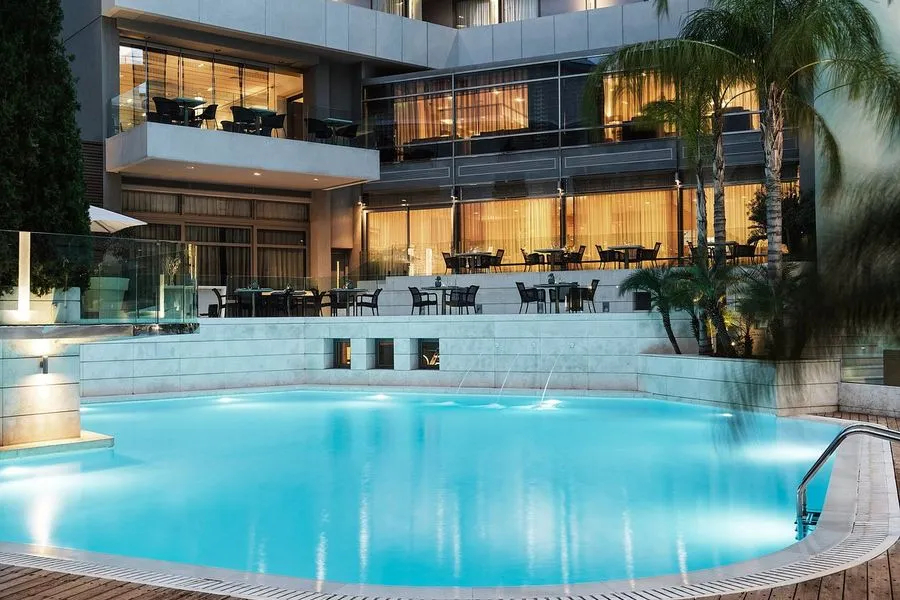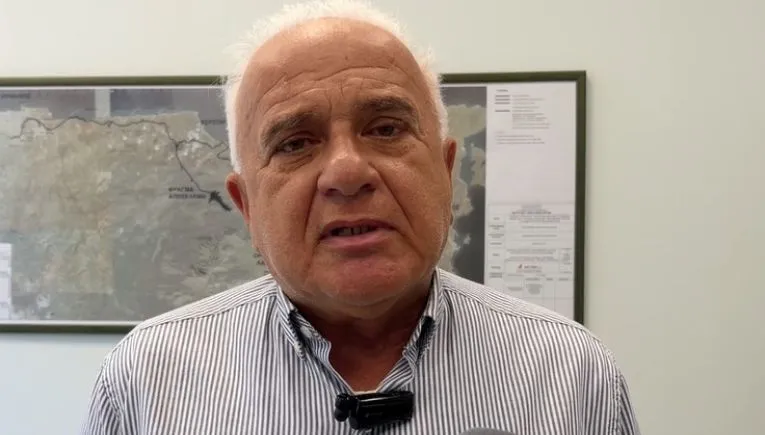The Heraklion Water and Sewerage Company (DEYAH) is launching a series of meetings with representatives of the hospitality industry—including restaurant owners, hoteliers, and short-term rental hosts such as those on Airbnb. The goal is to send a clear message about the urgent need for responsible water management this summer, emphasizing restraint, moderation, and continuous awareness.
“It’s clear that we’re heading into difficult times, and everyone must be aware of this and take the necessary precautions,” says DEYAH President Giorgos Vourexakis in a statement to Patris newspaper. He stressed that it should be common knowledge by now that we are entering our third consecutive hydrologically dry year, with all the consequences that entails.
Vourexakis explained that these meetings are a priority because those working in tourism need to have a clear understanding of the tight limitations surrounding water use. With available water resources significantly reduced, it is essential that everyone respects and carefully manages this natural resource.
He also plans to ask business owners in the hospitality sector to install signage in their establishments, advising guests not to waste water and explaining the very real need for moderation and mindful consumption.
According to Vourexakis, Heraklion has already recorded an increase in water consumption, clearly evident since last year. While precise figures are not yet available, estimates suggest that usage has gone up by approximately 7–10%.
This year, unfortunately, the region cannot rely on the “safety net” of the Aposelemis Dam, which in the past provided a level of security during challenging periods. The total volume of water available this year for the municipalities of Heraklion, Hersonissos, and Agios Nikolaos is only 2.1 million cubic meters—a quantity that DEYAH will strive to conserve for the peak summer months.
In short, water consumption has increased since last year, while at the same time, water reserves—especially at the Aposelemis Dam—are well below desired levels. The prolonged drought has created a particularly dire situation.
Adding to the challenge is the aging Malia water pipeline, which has reached the end of its service life and is prone to breakdowns. DEYAH is working urgently and through every available means to address these issues.
On a more optimistic note, Vourexakis pointed out that the replacement of 300 kilometers of the municipal water network has significantly reduced leakage problems. He anticipates that this major infrastructure project will be completed by the end of the year, offering substantial long-term protection against water loss.
In the meantime, however, it’s essential that everyone works together and adopts a team mindset when it comes to managing water wisely, especially as the looming threat of drought is expected to test us severely in the coming months.



